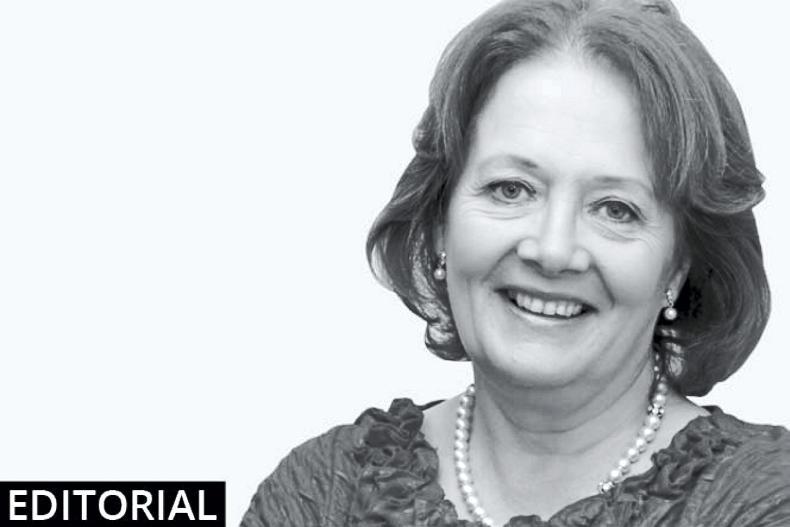The vigil began at 5pm and marked the start of a 64-hour period to 9am on Monday morning, during which Waterford and the wider region had no high-level cardiac care service.
Everyone I spoke to was convinced that Thomas Power, a farmer from Woodstown in Co Waterford, would have had a much greater chance of survival had such a service been available to him at UHW. The previous Sunday, Thomas had complained of chest pains and driven himself to hospital but sadly died in the ambulance while being transferred to University Hospital Cork (page 10).
Talking to people that evening, I could feel their anger and frustration. As the clock ticked past 5pm, one woman told me every time she hears an ambulance siren in the evening or over the weekend, she prays that it’s not a heart attack case.
My father died suddenly of a heart attack. He was at the mart and leaned over to have a look at a pen of calves and just died. In the space of a few minutes, the normal pattern of life that we took for granted changed and was never the same again.
It’s the suddenness of a heart attack that is so cruel on the person and those who are left behind. My mother found it hard to accept that medication couldn’t cure some heart conditions. It was only when President Childers had a heart attack and died while addressing a medical convention that she began to understand.
I fully take on board the need to consolidate specialist health services where a high throughput of patients is matched with highly trained and experienced staff. It’s working for cancer treatment. However, heart attack cases are very different in one major way and that’s time. Ideally people should live within 90 minutes of a high-level cardiac care unit.
This is the crux of the matter for those living in the southeast, which takes in Kilkenny county and city, Waterford county and city, south Tipperary and south Wexford. For most of them, getting to a Dublin or Cork hospital within 90 minutes is not possible. And we are not talking about a handful of people who lack a high-level cardiac care service. Official figures put the local population at 175,000, while campaigners say it’s nearer 500,000 because so many more people would be closer to Waterford than the cardiac care service to which they are currently linked.
It’s only fair to acknowledge that improvements have been made to cardiac care in the southeast. The backlog of non-emergency cases is being reduced, albeit many are being treated in Cork. There’s also a tender out for a mobile part-time cath lab. However, this won’t solve the absence of a 24/7 service.
This issue is not going away. If we are serious about the balanced development of this country, then having a high-level cardiac care service is not an expensive luxury but an essential service.
My sincere sympathy to Thomas Power’s wife, Bernadette, his parents, Eileen and Michael, and his sisters, Joan and Catherine. May he rest in peace.






 This is a subscriber-only article
This is a subscriber-only article










SHARING OPTIONS: